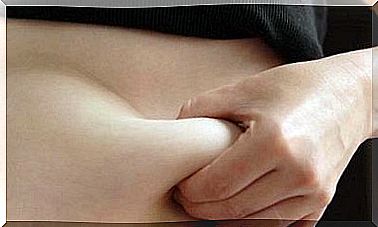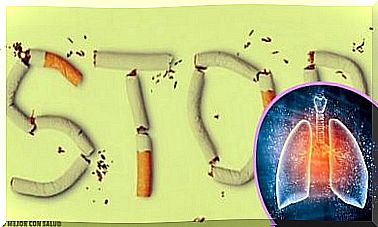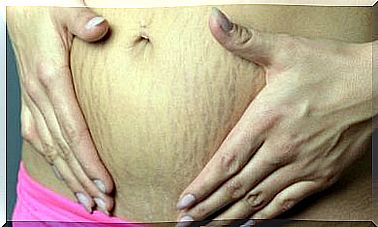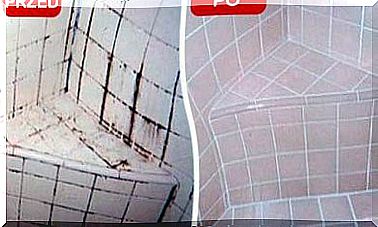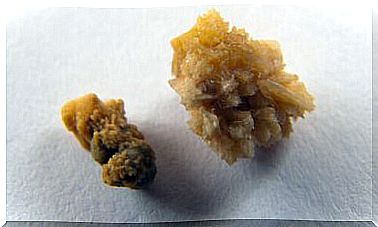Peptic Ulcers – 10 Symptoms Of This Disease
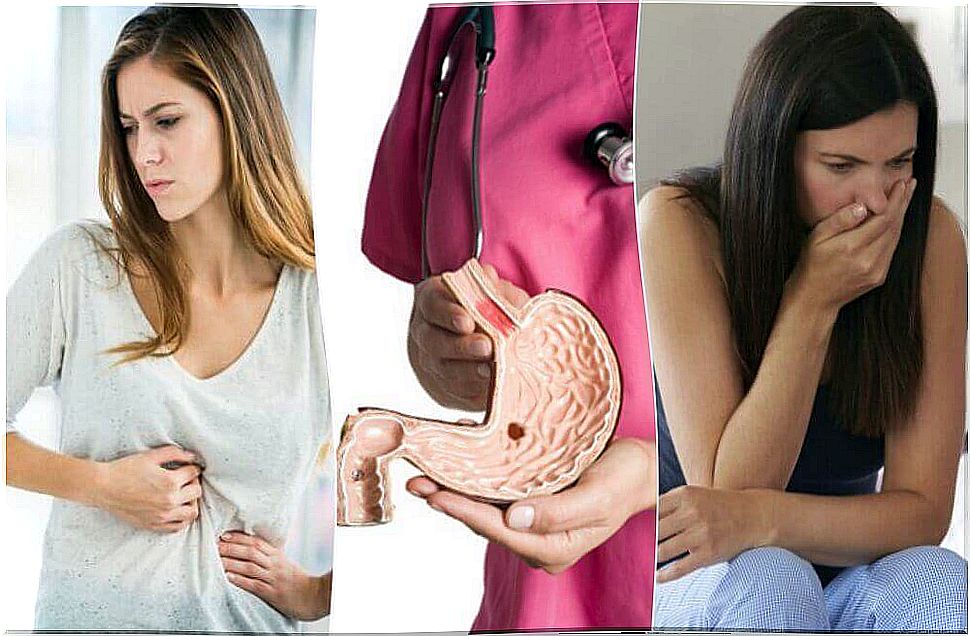
Peptic ulcers are damage that occurs to the inner lining of the stomach. This is a type of damage caused by an overproduction of stomach acid that can be caused by a variety of factors.
The main cause is usually infection with H. pylori bacteria, a microorganism that multiplies under certain conditions. Stomach ulcers can also be caused by certain medications and by digestive disorders.
Although drinking alcohol, eating foods that irritate the digestive tract, and smoking are not direct causes of peptic ulcer, regular consumption of these foods can worsen symptoms and increase the likelihood of complications.
While the symptoms of this condition may not be obvious at first glance, timely diagnosis and treatment are essential to help stop the development of further problems. Today we want to share 10 symptoms that alert you to the presence of peptic ulcers – so you will be able to identify this problem in the future!
Find out what these symptoms are!
Peptic ulcers – symptoms
1. Gastritis
Gastritis can have many causes. However, don’t forget that this is one of the first symptoms of ulcers.
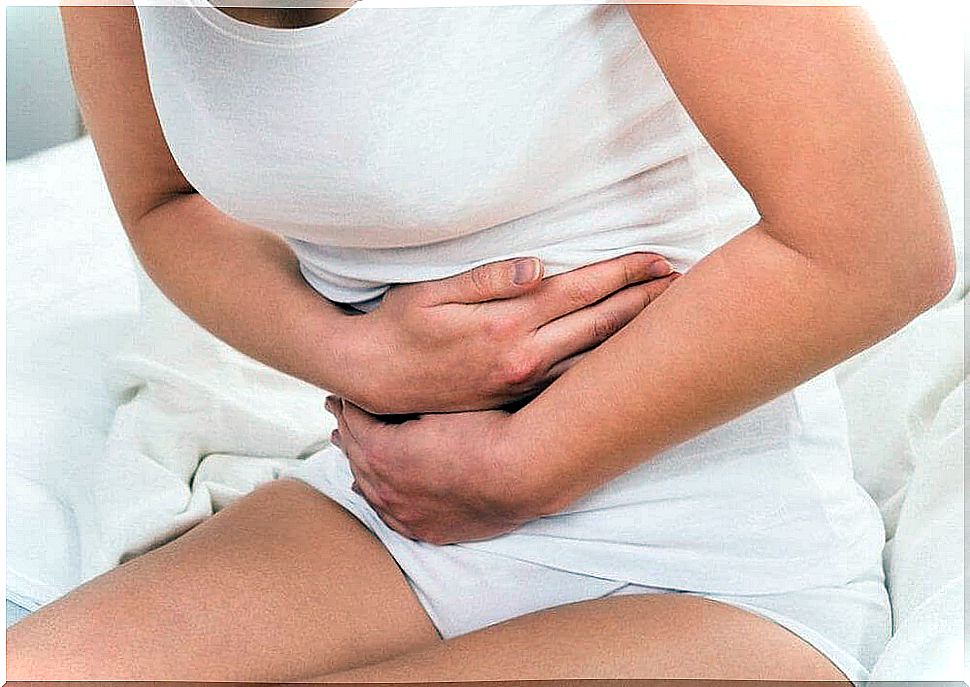
- You may notice a swollen abdomen, which is almost always heavy or uncomfortable.
- Gastritis occurs because of an inflammatory reaction of the body that wants to fight acid production in the stomach.
2. Burning sensation and stomach pain
An unpleasant burning sensation in the stomach may indicate the formation of stomach ulcers. You may also experience pain that may be the result of an injury to the stomach lining.
- You will feel discomfort in the area between your breastbone and navel. Depending on where the ulcer is located, you may feel pain along the sides of your body from time to time.
- The condition usually worsens after eating spicy or very hot foods.
3. Loss of appetite
Many peptic ulcer patients lose their appetite. This is because the digestive system is preserved after eating.

- Burning and swelling after eating causes people with peptic ulcers to lose the desire to eat normal amounts of food.
- The condition can become a chronic problem leading to nutritional deficiencies.
4. Nausea or vomiting
Like many digestive disorders, ulcers can cause nausea and vomiting.
- Excessive production of gastric juices irritates the gastric mucosa and triggers a defense mechanism that may make you feel the need to vomit.
- In some cases, the problem of ulcers can become so severe that you vomit when eating certain foods.
5. Indigestion

Eating too much food or certain types of food can cause indigestion. When peptic ulcers develop, this problem is even more common.
- Wounds in the walls of the stomach cause irritation and pain when eating acidic or hard-to-digest foods.
- You may experience gas, upset stomach, and other symptoms when this condition occurs.
6. Changes in the stool
Changes in stool color or consistency should never be underestimated. They don’t have to be a sign of peptic ulcers alone – many diseases of the digestive system can cause this problem.
- If there are changes in the stools, check whether the stools are dark or sticky. If the ulcer problem is severe, blood may appear in the stools.
7. Food intolerances
The presence of ulcers makes your stomach more sensitive – which is why you may notice some food intolerances, even if you have not experienced such a situation before.
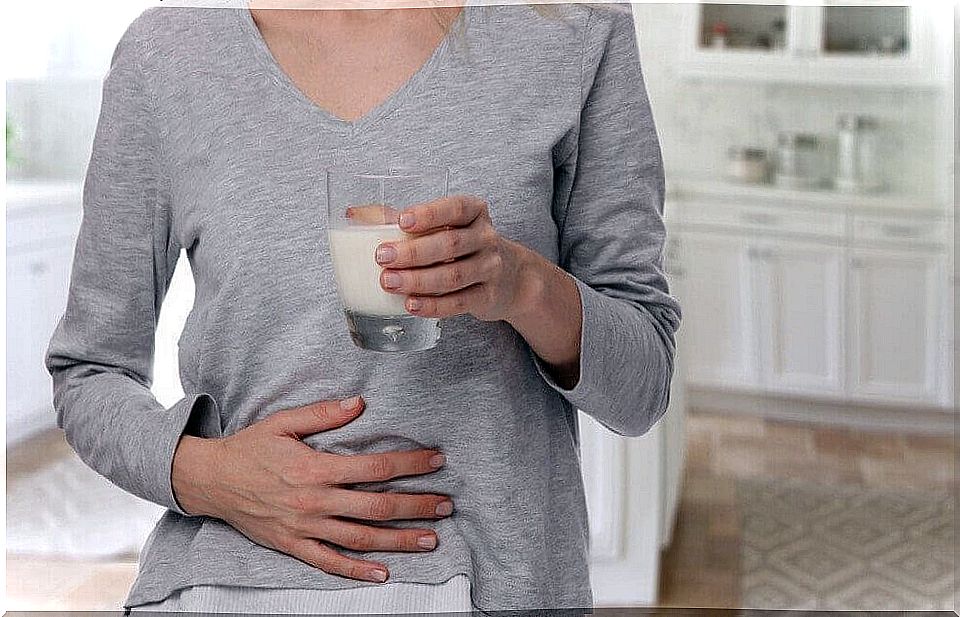
- Certain foods can worsen inflammation, causing pain and discomfort to worsen.
- People suffering from peptic ulcer usually have trouble eating fatty, spicy or very sweet foods.
8. Considerable weight loss
If the ulcer is not treated quickly enough, the person who is sick may notice significant and distressing weight loss.
- It is usually associated with a lack of appetite that prevents proper nutrition.
- The condition may require additional testing because other chronic diseases, such as cancer, can also cause weight loss.
9. General malaise
Symptoms of ulcers can often be confused with the flu. Although it has nothing to do with each other, many people say that general malaise can be caused by respiratory diseases.
- You may feel tired and weak muscles, usually associated with a mild fever.
10. Pain of hunger
While peptic ulcer disease can cause a lack of appetite in some patients, it often causes hunger pains in others, even after eating.
- This feeling is not actual hunger, but the body’s response to an increase in the production of stomach acid.
If you have noticed some of the symptoms we discussed above, then is a good time to seek medical attention. It is very important to heal peptic ulcers as soon as possible, especially if the pain returns after the first treatment.

